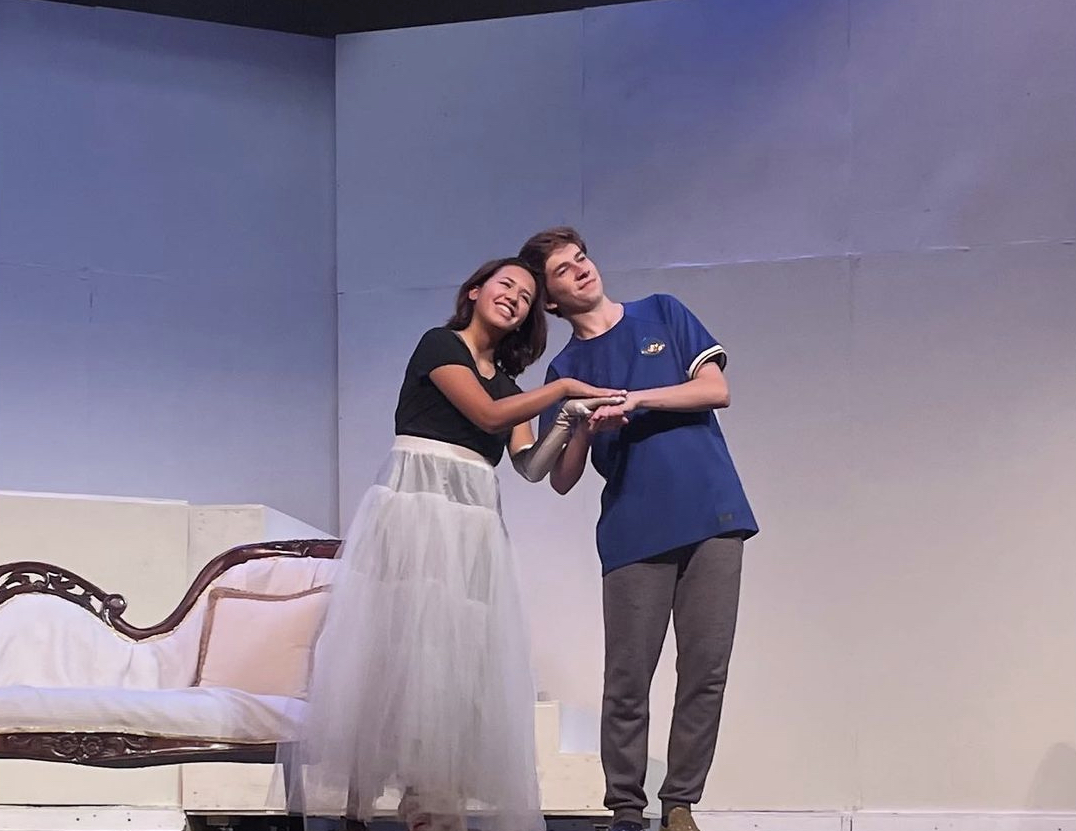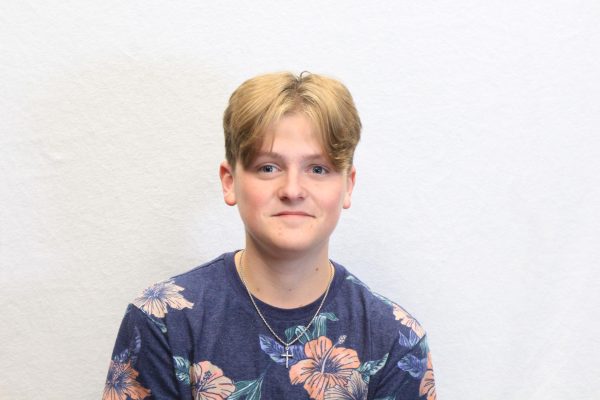Whether it’s the constant rehearsals or the countless hours working to memorize lines, blocking, and cues, it’s no doubt that making a show takes plenty of work. Luckily, Studio VII seems to have the perfect strategy to pump out some of the best shows in the district.
When it comes to building a show, the director has the main influence on staging, blocking, and creating the main idea of a show. They are also presented with the job of making sure that what the actors are doing on stage are not only interesting, but also artistic.
“I like to think of my staging in pictures or ‘vignettes’,” director Emily Rickford said. “If someone in the audience were to take a picture of what is happening on stage at any given moment, would the audience member be able to see all the actors, and would the scene be visually interesting?”
The directors also have to take authenticity into consideration. If a show has already been performed by another school or company, how can Studio VII’s director ensure to make the show their own, while still sticking to the major points of the show?
“Every theatre script provides ‘stage directions’ or suggestions for staging, character choices, and movement. As a director, I will take some of the suggestions, but also use my own ideas that I see as I read the script,” Rickford said. “The characters and dialogue help keep the show authentic while the unique design choices help make it original to SLHS.”
The cast of Studio VII’s newest play, “The Still Life of Iris,” have plenty of strategies to combat the stress. Not only have they come up with the perfect ways to maximize their time on stage, but they have also figured out the perfect way to jump into character, no matter what the circumstances.
“I like to listen to music that I associate with my character for a while before a rehearsal or performance,” sophomore Evan Mauzy said. “It helps to get me in the mindset of the character.”
As it turns out, listening to music is quite a popular way to get into character, as many of the students tend to think that it really helps to lock in as their character. In fact, sophomore Nathan Boylan goes as far as to say that he “make(s) a playlist with songs that (he) think(s) they would listen to.”
While it’s important to focus on the cast, as they are the main things that we see on stage, the crew does a lot of vital jobs in the background. Whether it’s running props on stage, building the set, or making sure that the lights are hitting the perfect spot, there wouldn’t be a show without the crew.
“It’s important that the scenic style is constant with costumes, lights, publicity, and more,” stage manager Sarah Skaar said. “The end result is usually vastly different from the concept.”
Not only is the set a big piece of the puzzle, but as it turns out, what the cast does on stage greatly influences what goes on backstage. If even a small slip up occurs, it could make what is going on backstage a total nightmare.
“Simple blocking choices don’t really change what’s going on backstage, but if an actor makes a mistake during a performance, it can create a lot of chaos,” Skaar said. “If props, set pieces, costumes, or microphones are broken or damaged during a show, the technicians need to scramble for a haphazard solution to keep the show on track. It requires a lot of quick thinking and resourcefulness.”
Regardless of what role they play, it’s clear that anyone who is a part of a Studio VII production has a deep passion for it.
“I think learning new acting techniques, meeting new people who you wouldn’t have met before, and becoming an overall better actor are some of my favorite parts of the show learning process.” Mauzy said.



